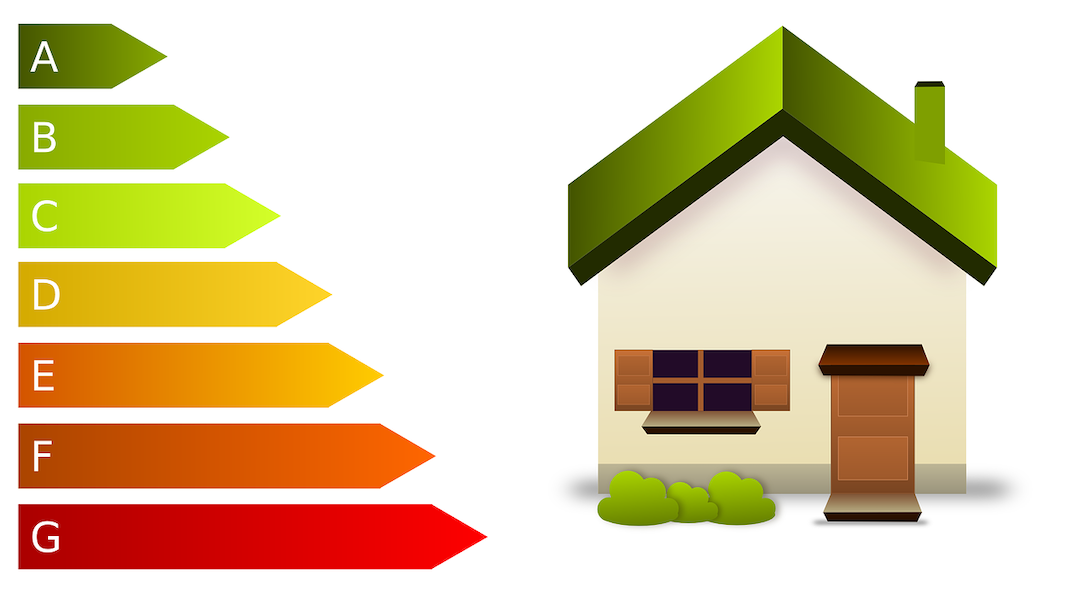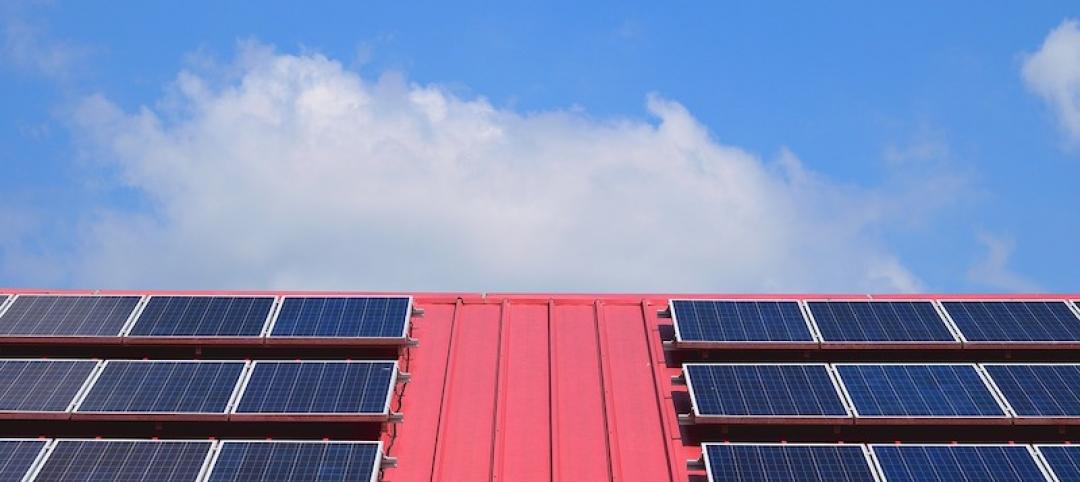Recent findings from the Better Buildings Partnership raise serious questions about the efficacy of energy efficiency ratings used in the United Kingdom.
The study found that buildings that have received the highest rating—an A Energy Performance Certificate—use more energy than some of their peers rated C, D, E, or F. The analysis of self-reported energy data in 2020 for more than 1,100 commercial properties found that the median energy intensity for all B-rated buildings is higher than for C-rated buildings.
The disparity between how buildings are designed and their actual greenhouse gas emissions is widespread in the U.K. The findings are in line with past evidence that green building certifications based on predicted energy use don’t necessarily translate to energy savings in the field.
Some studies have found that LEED certification yields better energy efficiency, but others have found that certified buildings use more energy than non-certified buildings. The U.S. Green Building Council maintains that its own research shows certified buildings are overall more efficient.
Part of the explanation for the disparity between ratings systems and real-world results could be due to the limitation of assessments that only predict potential energy efficiency. In practice, building management systems may not be set up or used properly. In addition, people sometimes undo the efficiency design by bringing fans into buildings or installing additional air conditioners.
Related Stories
Codes and Standards | Mar 22, 2021
Think tank offers plan for new approach to reduce neighborhood poverty
Strategy uses more targeted approach to invest in low-income areas.
Codes and Standards | Mar 19, 2021
California city bans construction of new gas stations
Existing stations will not be allowed to add more pumps.
Codes and Standards | Mar 18, 2021
Congressmen ask Biden to tackle rising lumber costs
Rising materials costs and supply shortages threaten economic recovery, housing starts.
Codes and Standards | Mar 16, 2021
Massachusetts bill would mandate rooftop solar on new homes, commercial buildings
Proposed Bay State mandate modeled on California’s.
Codes and Standards | Mar 15, 2021
Nevada may create areas for tech companies to form own governments
Legislation calls for ‘Innovation Zones’ that could become smart cities.
Codes and Standards | Mar 11, 2021
Los Angeles commits to carbon-free city buildings
City will take into account embedded carbon when contracting to buy construction products.
Codes and Standards | Mar 10, 2021
‘Smart retrofitting’ will be crucial to net zero aspirations
AI, analytical software, Internet of Things are keys to decarbonization of built environment.
Codes and Standards | Mar 9, 2021
Salt Lake City is first jurisdiction to adopt new standards for off-site construction
Code Council and Modular Building Institute developing standards and compliance protocols.
Codes and Standards | Mar 8, 2021
Hyperlocal zoning could spur more affordable housing construction
Letting blocks and streets pass their own rules could have impact.
Codes and Standards | Mar 5, 2021
Biden builds on Trump’s “Buy American” order
New administration extends preferences for domestic construction materials.

















